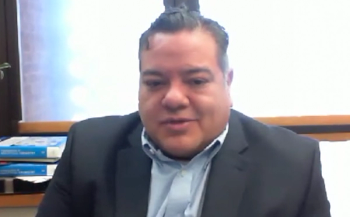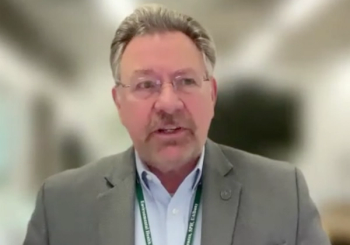
Emerging Trends in NMR Education and Training
Damodaran Krishnan Achary of University of Pittsburgh highlights how modern NMR education is shifting toward real-world samples and interdisciplinary applications, reflecting the needs of industry and materials science researchers.
In this video, Damodaran Krishnan Achary, research professor and director of the Nuclear Magnetic Resonance (NMR) Facility at the University of Pittsburgh, shares his insights on evolving trends in NMR education and training. Drawing on his extensive experience teaching workshops and courses at Pittcon, the Eastern Analytical Symposium (EAS), and within the university, Achary highlights how modern NMR instruction is increasingly shaped by the practical needs of industry and interdisciplinary research.
Traditionally, university NMR training has focused on small-molecule studies, where single, well-defined compounds allow for straightforward analysis. Achary notes, however, that industrial and applied researchers often work with complex mixtures rather than isolated molecules. This shift presents unique challenges for instruction, as students and researchers must learn to interpret spectra with overlapping signals, variable concentrations, and heterogeneous sample matrices—situations rarely encountered in standard academic settings.
He also observes growing interest from materials science researchers, who bring questions about real-world materials such as insulation or roofing compounds—samples and systems typically outside the scope of traditional university labs. These interdisciplinary demands require instructors to adapt their teaching approaches, incorporating case studies, problem-solving strategies, and hands-on demonstrations that go beyond classical solution NMR. Achary emphasizes that engaging with such real-world samples not only enhances learning but also opens opportunities for collaboration between academic and applied researchers.
Achary’s perspective underscores a broader trend in NMR education: the need for flexible, application-driven instruction that equips scientists to tackle practical, complex challenges. By addressing the needs of industrial and materials-focused researchers, modern NMR courses bridge the gap between fundamental techniques and applied problem solving, fostering a new generation of scientists capable of leveraging NMR spectroscopy across diverse scientific and engineering contexts.
Newsletter
Get essential updates on the latest spectroscopy technologies, regulatory standards, and best practices—subscribe today to Spectroscopy.




